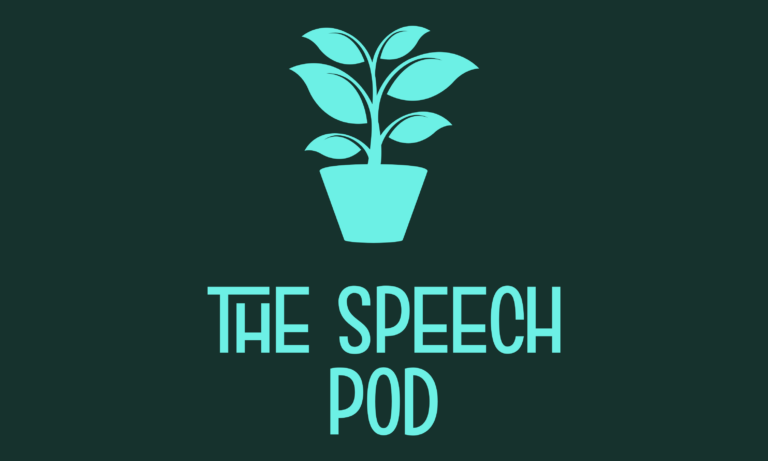What is Autism?
Some of these differences include:
- Some people with Autism may talk very little, or not at all, while others are very capable verbal communicators.
- Some can speak very well about topics that interest them, but find it difficult to have a conversation.
- Some people with Autism may have challenges learning to read and write, and others learn to read at a very young age, however have may have difficulty understanding what they read (this is called hyperlexia).
- Some children with autism learn language by repeating things they hear others say (this is called echolalia). It can be difficult for people with Autism to make a keep friends, especially if they don’t understand the differences in communication and social interaction styles.
None of the above examples is experienced by every person with autism, and it is by no means an exhaustive list. There are many other ways in which the communication and social interaction styles of Autistic people differ.
The Speech Pathologist’s Role in diagnosing Autism
Speech Pathologists have an important role to play in both the diagnosis and management of Autism. Autism is diagnosed by a team of professionals with experience in Autism that may include paediatricians, psychiatrists, psychologists and speech pathologists. Within this team, the role of the speech pathologist is to assess a person’s communication and social interaction skills with the variety of settings in which they communicate, including home, schools and workplaces. For those who talk very little, or not at all, the speech pathologist may also assess whether or not there may be another form of communication that could aide them to get their message across.
If a person is having difficulty communicating, a speech pathologist may be the first professional they see. If a speech pathologist assesses the communication and social interaction of someone and they believe that person may be Autistic, they will refer them to other services for further investigation.
It is important that a person’s communication skills, both verbal and non-verbal are assessed by a speech pathologist. This means that in addition to the ability to have a conversation, tell a story and understand what others are saying, the ability to share joint attention, take turns, understand facial expression, body language and voice tone will all be part of a comprehensive assessment. Often communication differences may be the first signs of Autism that are recognised in young children, and preverbal interactions behaviours that don’t involve words form a very important part of an assessment.

The Speech Pathologist’s Role in managing Autism
The role of the speech pathologist in management of Autism will vary greatly, and depends on the age, life stage and challenges that the autistic person is facing. The goal is never to teach an autistic person to communicate and socialise like a neurotypical person. Rather, the goal is to support the Autistic person to overcome communication and social challenges and facilitate interactions and quality of life, while remaining authentic to themselves. This may be in the form of:
- Building awareness of the differences between autistic and neurotypical communication and social styles. It is important that awareness and education is available to both people with Autism, and their family, friends, peers, colleagues, and others that they interact with. Greater understanding can lead to greater acceptance and inclusion.
- Working with the families of Autistic children in an Early Intervention model to provide education and training on the most effective ways to communicate with Autistic children and support their communication. This can include supporting children to communicate their needs and preferences, understand what is being said to them, and interact with their peers. This may include developing and introducing alternative or augmentative communication systems.
- Assisting Autistic children to speak clearly and fluently so that they can be understood by others.
- Teaching specific communication or social skills, identified in collaboration with the person with autism, that will facilitate them to achieve their goals. It’s important to remember that the goals of every Autistic person will be different, so there is no one size fits all approach and the Autistic person should be central to and have a say in any specific skills that are targeted.
